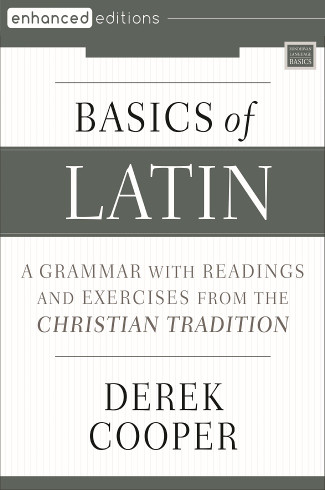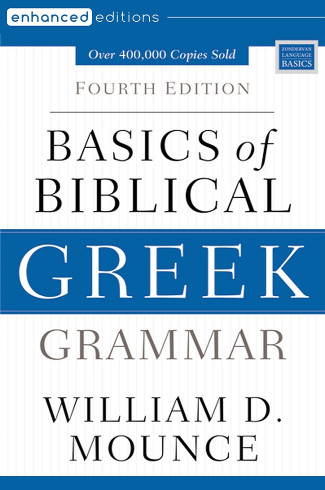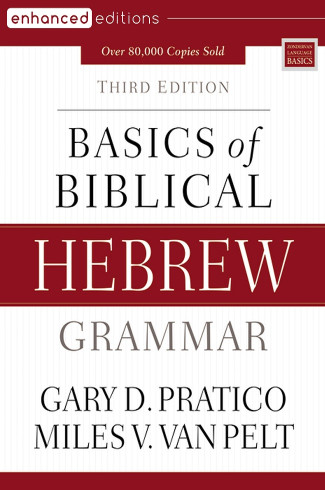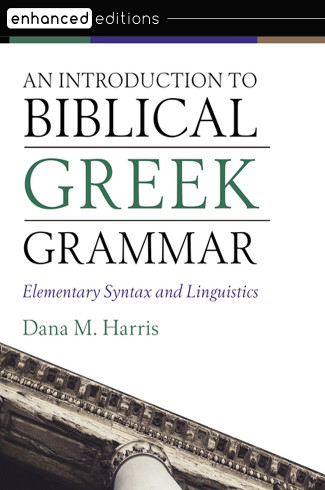
Derek Cooper
Ph.D., United Lutheran Seminary
Derek Cooper is associate dean of the faculty and associate professor of global Christianity at Reformed Episcopal Seminary. He is also managing director of the Thomas Institute. A long-term foreign-language instructor, he has taught Latin, Spanish, and biblical Greek. Derek is the author of many books, including Introduction to World Christian History and Exploring Church History. He has offered professional Latin translations for the Reformation Commentary on Scripture, the Martin Luther Handwriting Font Book, and is the translator of Philip Melanchthon’s Commentary on Proverbs.





